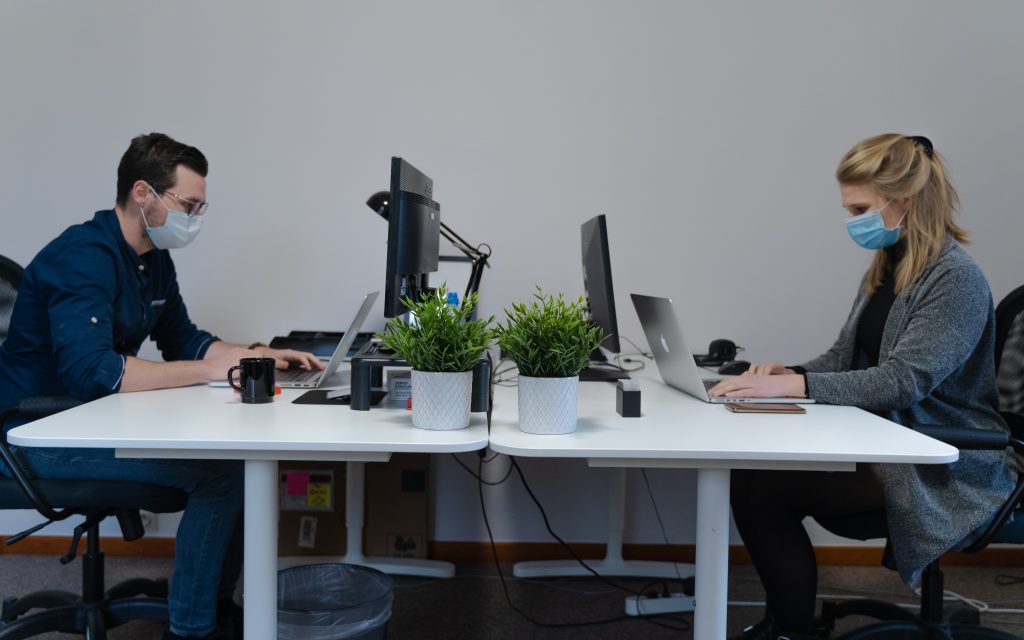 Economy
Economy 
While most workplaces are no longer shut down, Helen Cunningham writes that Covid continues to have lasting implications for workers and businesses.
There are few areas of life that have remained untouched by Covid-19. For some, the impact has been deep and all consuming, for others, more temporary and for many, complex and still unfolding. In the case of jobs and work, the effect has been seismic and ongoing. Pre-pandemic, government schemes to enable people not to go to work would have seemed fanciful. Yet at times, up to a quarter of the workforce was furloughed, and in our recent work on self-employment, we heard from people who described the SEISS as a “lifesaver”. From self-isolation payments, bounce back loans and economic resilience grants for business, the support -or life support – needed by workers and business has been unprecedented both in nature and scale.
Inequalities and workers
While there remain few parts of the economy that are shut down, the mark of Covid remains, including the mass migration of workers to home working – for those that could – many of whom remain there while the advice from the Welsh Government continues to advise it where possible. This in itself has demonstrated the differences between workers, such as those who can avoid the once long commute and those who still endure it daily. It also raises questions about how someone’ experience of work and power in the workplace changes with distance. Can the remote worker who is experiencing bullying or harassment draw on peer support or tentatively share their experiences with a colleague they have come to trust? How possible is it for employees to exchange common experiences or concerns that require further dialogue, action or trade union support?
These changes also have potential to affect workers and businesses in different places. The presence of large local employers in Wales remains important, including for businesses nearby that benefit, yet the remote in remote working implies that it may be possible to work from anywhere, opening up opportunities for some, but potentially reducing them for others where competition for jobs could be drawn from a much wider pool of people than before within a locality.
Skills and labour supply
The intersection between the pandemic and labour shortages is also an unfolding challenge, even as recovery remains a watchword. There are the workers, businesspeople and entrepreneurs of the future that have faced disruption as training courses were cancelled, business launches scuppered and unplanned career changes required.
The exodus of workers from the hospitality industry, and the shortage of drivers that has affected supply of some goods and services are perhaps the two most visible examples. Addressing issues around labour supply requires serious consideration to the training and skills pathways available to workers – including the cost, speed, accessibility and availability of it – as well as the terms and conditions, pay and experience of work on offer. The Learning and Work Institute has called for everyone to have a personal learning account to enable everyone to access approved learning and training, which, in a time when the impact of Covid-19 continues to unfold, may be a measure that can help workers and businesses alike.
Just as the pandemic has affected nearly all workplaces in some way, so must any recovery, if it is to be fair for workers and help create thriving and resilient workplaces and businesses.
Helen Cunningham is Policy and Research Officer at the Bevan Foundation
If you are interested in understanding more about the wider and lasting impacts on jobs, workplaces and businesses as of Covid-19, join our event on Wednesday 29 September to hear from expert speakers and the latest insights.


